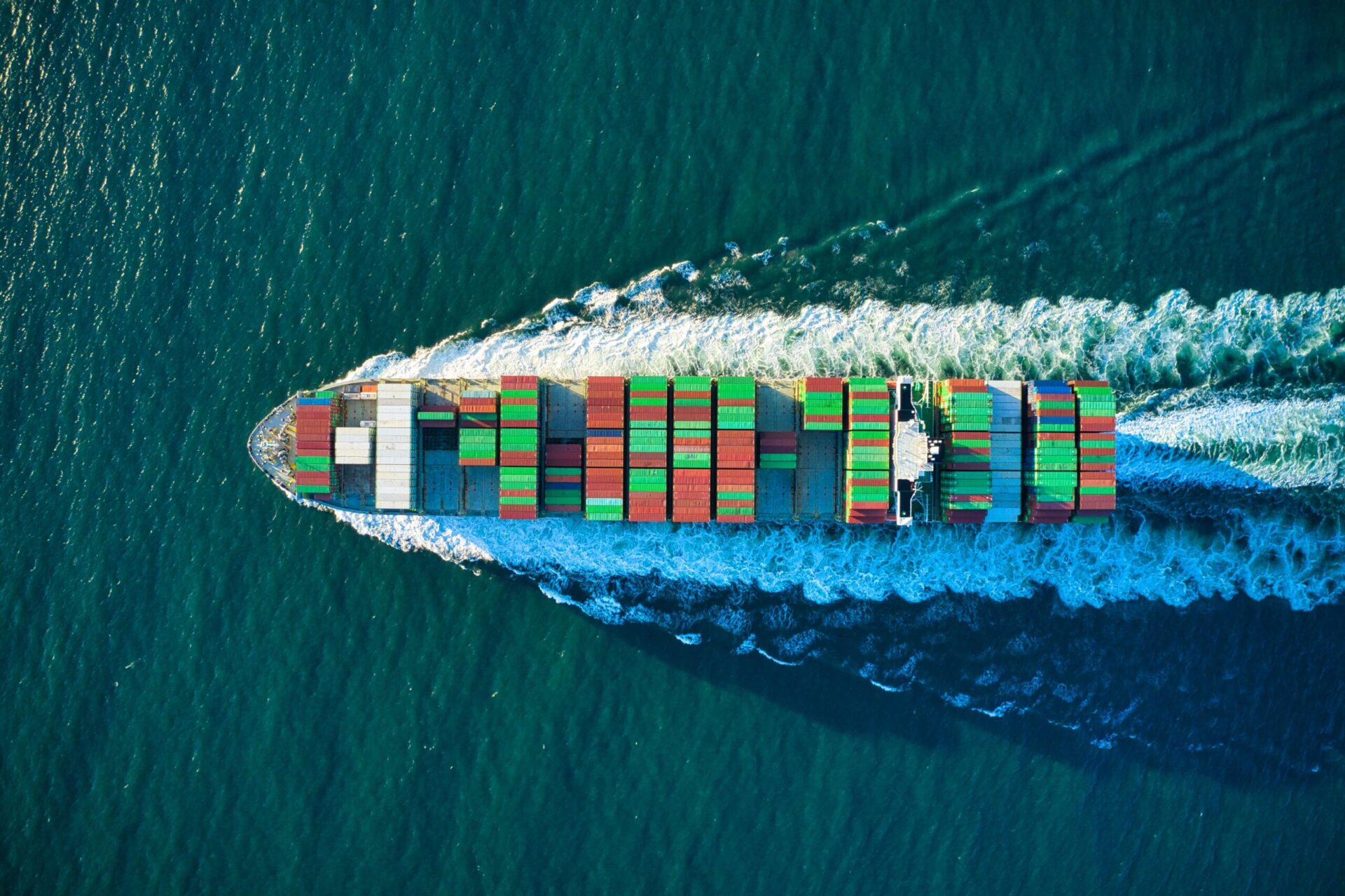Cargo shipping is the lifeblood of global trade, with countless goods crossing seas and continents daily. However, with great movement comes great risk. Cargo can face many challenges during transit, from accidents to natural disasters and theft. This is where cargo insurance becomes a crucial safeguard for businesses involved in the logistics chain.
What is Cargo Insurance?
At its core, it is a specialized coverage designed to protect your goods in transit. Cargo insurance provides financial protection against the unexpected, whether shipping products locally or internationally.
Types of Cargo Insurance Policies
Open Cargo Insurance:
This policy provides continuous coverage for all shipments within a specified period.
Specific Cargo Insurance:
Designed for individual shipments, it offers a single consignment or journey coverage.
Why is Cargo Insurance Necessary?
Protecting Against Financial Loss
Cargo coverage is your financial safety net. It ensures that if your goods are damaged, lost, or stolen during transit, you don’t bear the full burden of the financial loss.
Legal Requirements and Contractual Obligations
In many cases, shipping insurance is not just advisable; it’s mandatory. Many carriers and shipping contracts require businesses to have shipping insurance to protect against potential liabilities and fulfill legal obligations.
Coverage Under Cargo Insurance
Goods in Transit
Cargo coverage typically covers goods in transit, whether by land, sea, air, or rail.
Types of Risks Covered
Cargo coverage policies generally protect against various risks, including accidents, theft, vandalism, and natural disasters.
Exclusions
It’s essential to understand what cargo coverage does not cover, such as damage due to improper packaging or pre-existing injury.
How to Choose the Right Cargo Insurance
Assessing Your Cargo and Shipping Needs
Every business and cargo shipment is unique. Assess your cargo’s value, destination, and mode of transport to determine the appropriate coverage.
Selecting Appropriate Coverage Levels
Choose coverage levels that match the value of your cargo and the potential risks it may encounter.
Comparing Insurance Providers
Research and compare insurance providers, considering reputation, experience, and customer service.
Cargo Coverage Claims
The Claims Process
Understand the cargo coverage claims process, from documenting losses to settling claims.
Documenting and Reporting Losses
Thoroughly document and report any losses or damage to ensure a smooth claims process.
Settlement and Reimbursement
Learn about the settlement process and how you’ll be reimbursed for covered losses.
Cargo Insurance in Canada
Discover the regulatory framework for cargo coverage in Canada and explore leading providers in the country.
Myths and Misconceptions
Debunking Common Myths About Cargo Insurance
We’ll dispel common misconceptions surrounding cargo coverage to help you make informed decisions.
Tips for Maximizing Cargo Insurance Benefits
Risk Management Strategies
Implement proactive risk management strategies to minimize the chances of cargo loss.
Proactive Steps to Prevent Losses
Learn how to prevent losses and maintain the integrity of your cargo.
Conclusion
In the world of cargo shipping, unpredictability is the norm. Cargo coverage acts as a vital safety net, providing financial protection and peace of mind for businesses involved in the movement of goods. It ensures that your cargo arrives at its destination intact, even when faced with unforeseen challenges.
FAQs
Is cargo insurance only for international shipments?
Cargo coverage can be valuable for domestic and international shipments, depending on your cargo’s value and the risks involved.
What documents are required when filing a cargo Coverage claim?
Typically, you’ll need a bill of lading, packing list, invoice, and evidence of damage or loss.
Are there limitations on the types of cargo that can insured?
While most types of cargo can be insured, certain hazardous or prohibited goods may have limited coverage options.
How do I calculate the value of my cargo for insurance purposes?
The value of your cargo for coverage purposes is typically the invoice cost plus freight and other charges.
Can I purchase cargo coverage for a single shipment, or must it be continuous coverage?
You can choose a single shipment or continuous coverage, depending on your needs and shipping frequency.






